

I won’t lie: I haven’t actually played Shroud of the Avatar. Oh, I’ve heard about it, and I’ve read quite a few updates, but somehow, I keep forgetting it’s still around in development. When I was told I’d be doing an interview, I figured it’d be with another PR person briefed on the game. Instead, I was met by Lord British and Dark Starr, also known as Richard Garriott and Starr Long, the director and producer of the game. Pardon the pun, but I was quite star struck. Once I got over my initial shock though, I was able to ask some pretty important questions that I think both fans and observers should be able to appreciate.
From the start, I personally saw Shroud of the Avatar as a single player game emphasizing old style RPGs with multiplayer tacked on, and in a way, I was right. Richard said that the game was developed as a single player game, with multiplayer as an option so you could, say, play on an airplane. That meant the server would essentially be saved to your computer. However, if you were to play with your friends, that data could be stored on their machines in case something happened to your computer, and it sort of grew from there.
And it’s that sort of thinking that, to me, has made Shroud of the Avatar both memorable and forgettable. Let’s be honest: RPGs and MMOs in particular have come a long way. We’re not longer happy enough to hit a few buttons with a few other players beating on the same goblin as us. Mini-maps, marked quest locations, quest tracking… it’s made the game faster, but as Richard put it, also “brain dead.” It’s hard to turn back the clock, so Shroud of the Avatar has tried blending some new ideas with the old. Some works, some is… rough.
One thing I’ve seen people complain about is the game’s combat system. It’s a novel idea, but one that I know has caused some people to question if the game’s really right for them. When I brought it up to Richard, the response was that, well, most MMO combat these days just isn’t very good. It’s still mostly about timer management, even when we have action combat. The deck system is, at the very least, different. It makes you think, and that’s the general vibe I got from Richard and Starr when I’d ask why they make the changes they do.
Maps were another topic. Again, they won’t tell you where to turn in your quests, but once you’ve visited a place, it’ll record any point of interest (but not why it’s been recorded). I know some people have complained about lacking maps at all in game, but that’s often because the in game maps are hand-drawn, so any time a landmass is changed, it would cause the in game maps to become obsolete.
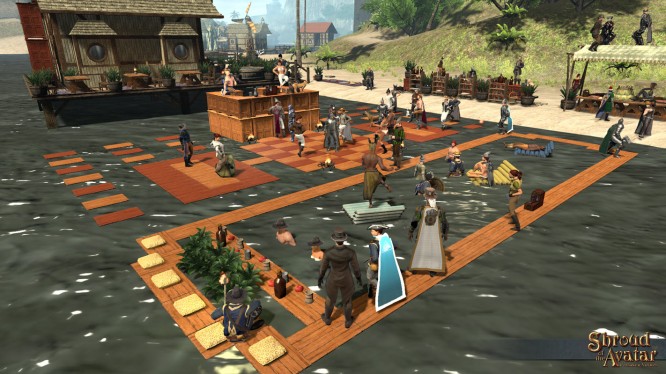
Player towns were another topic I had to ask about. There’s been a PvE player run town and, more recently a PvP one. Obvious there’s two different play styles, and a few things to be learned from each. For example, the PvE player town harbors more roleplayers. They want to share their stories, so there’s libraries with player written texts. There’s player made quests, where actual players act as quest givers, and a chest of rewards filled by, you guessed it, other players. It’s very much a community effort, like in the old days. I actually remember a player “giving” me a quest in my first MMO by giving me a somewhat nice trophy that would award me some experience and a great sword… if I could find the quest turn in. I had to ask a few people and look up some locations on fan sites, but it was a good experience that also taught me how to better play the game.
Now, some may expect things to be much harsher for the PvP town but, surprisingly, the PvP citizens also like quests. They even invited Richard to take their “Quest of Courage.” The quest involved talking to real players, doing small tasks, all leading up to the final challenge: flagging for PvP. Now, to put things into context, the Quest of Courage is supposed to be about building bonds and friendship. It’s about learning to trust people again. After all the Day-Z and other random player killing most of us have experienced, we’re more used to expecting “red = dead” mentality. Vengeance, the PvP player town, is trying to undo that. By doing the quest, you’re showing that you want to be friendly. The citizens of the town actually will not gank you as soon as you flag. You’re trusted, and they want you to trust them. It’s something you really can’t have scripted because, well, we expect scripted events to go a certain way every time. To have a human running the quest, able to change his or her mind about the outcome of the quest, can be scary, especially in a PvP situation, but Shroud of the Avatar is giving players some tools to help them do this.
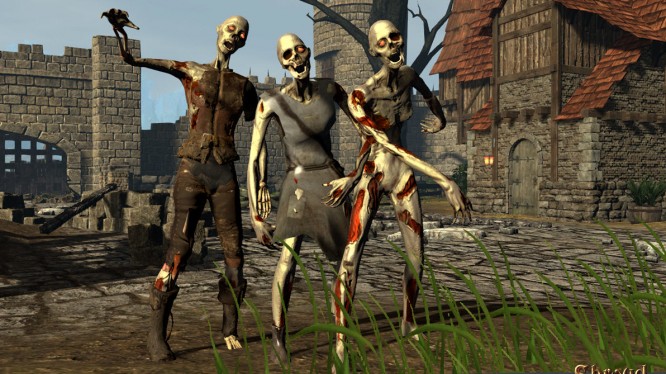 Of course, we can’t just do something old with a few tweaks. One of the more recent features I’ve loved in certain games is plagues. I’m one of those sick people who really loved the various outbreaks in World of Warcraft, and as I linked at the start of the article, Shroud of the Avatar will have it’s own. These are interesting because a player can go out, get infected, spread the disease in some remote area, and create an outbreak for players to source. It’s a risky move I feel most MMOs are trying to avoid or who try very hard to control its accessibility. While having it up all the time may make it less special, it also makes it less predictable. A large-scale outbreak could happen at any time, not just when there’s a special event.
Of course, we can’t just do something old with a few tweaks. One of the more recent features I’ve loved in certain games is plagues. I’m one of those sick people who really loved the various outbreaks in World of Warcraft, and as I linked at the start of the article, Shroud of the Avatar will have it’s own. These are interesting because a player can go out, get infected, spread the disease in some remote area, and create an outbreak for players to source. It’s a risky move I feel most MMOs are trying to avoid or who try very hard to control its accessibility. While having it up all the time may make it less special, it also makes it less predictable. A large-scale outbreak could happen at any time, not just when there’s a special event.
However, you have to admit, we have had a few plagues in games. I figured there must be something a bit new we could do. I asked Richard and Starr if it’d be possible to make a pre-emptive strike against the plague: curing zombies so they can’t spread it. After scratching their heads a bit, they both agreed it was an interesting idea they felt could be put into the game, and would discuss it more later. No promises, of course, but if it goes live, well, you can thank MMOGames for sending me out on this interview!
It’s this sort of openness with regular players that really seems to effect both Richard and Starr. They’re much more hands-on than I’m used to with most celebrity developers, and while the game may not be perfect, it certainly has seemed like the team takes feedback seriously. I asked how they deal with developing in the public eye, and mostly, Richard and Starr seem to like the play between gamer and developer (usually). People who complain that the game isn’t finished will hear tales of what used to be missing in the last update and what’s being planned for the next one, so there’s sort of this “growing together” feeling the fans share. Those who don’t? Well, Richard guesses about three-fourths of their backers have tried the game and are waiting for it to be closer to release before jumping in. The ones who feel the game isn’t for them, however, can use an official marketplace to sell their accounts. It’s an idea I really wish more crowd-funded multiplayer games would include, since I feel I’ve been burnt several times myself.
However, I did mention I forget about the game. Quite often to be frank. The graphics are a bit dated, and some of the ideas, while appealing to me years ago, sound like something I may not have time for now. It’s the updates that always catch my attention. It’s one of the few ways the game seems to remind us it’s still around, unlike other titles that hype themselves before the game’s finished. I asked if the lack of push negatively impacts the game. Although the game isn’t being developed in secret, the idea behind the PR absence is quite simple: it costs money they don’t want to spend on a game that isn’t finished. It’s both honest and practical. Obviously this interview acts as a sort of advertisement in some ways, but I’m not being paid to make the game sound good. Asking a developer if early development might cost them customers they’ll never get back is never easy to ask, but the Shroud of the Avatar team’s response about sanctioned account sales covered that perfectly.
The game’s still in its testing phase. It’s a bit too rough for me still, but the updates keep it on my personal radar, and seeing how Richard and Starr are open to new ideas and ways of pushing their community to act in ways that, to me, define what makes the MMO genre special, makes me feel like this is a game I should keep watching. I don’t need the extra hype PR usually brings, just some good ideas, and that’s exactly what I took away from my interview.
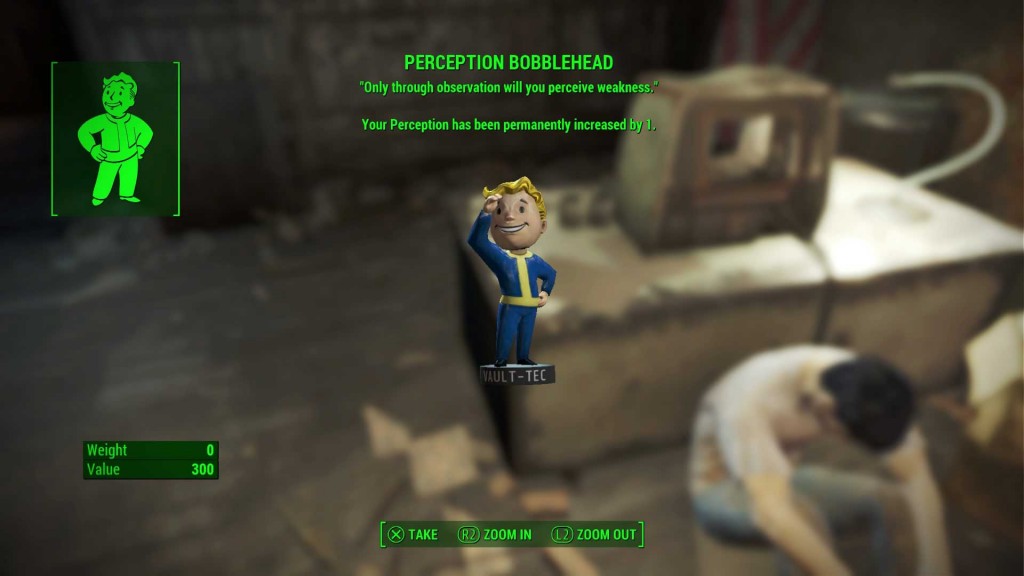
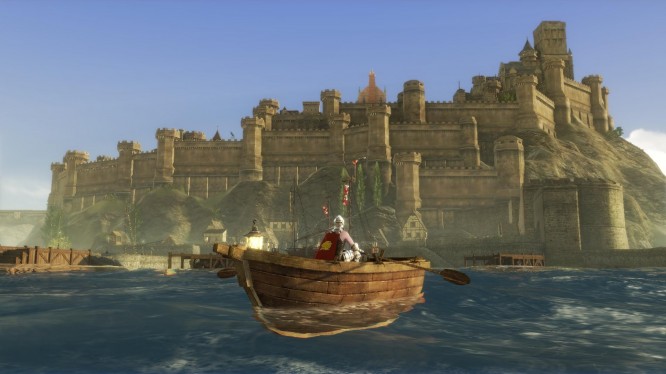
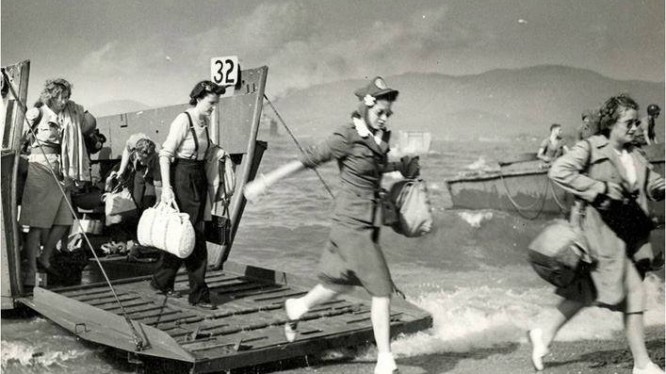

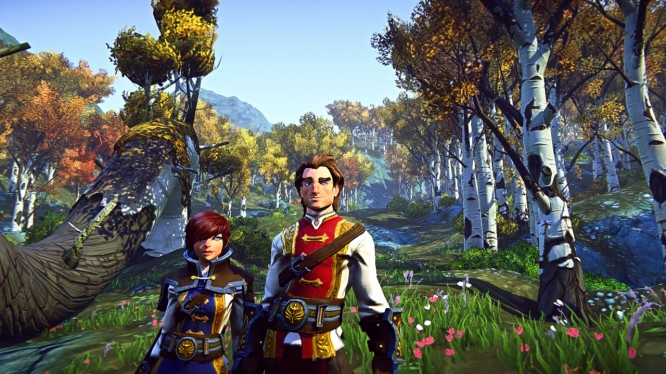 FAQ: Your Dream MMO Reveal at E3 .
FAQ: Your Dream MMO Reveal at E3 . Planetside 2: In the Limelight...Sardus .
Planetside 2: In the Limelight...Sardus .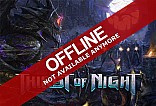 Thirst of Night: So Many Resources, so Little Time
Thirst of Night: So Many Resources, so Little Time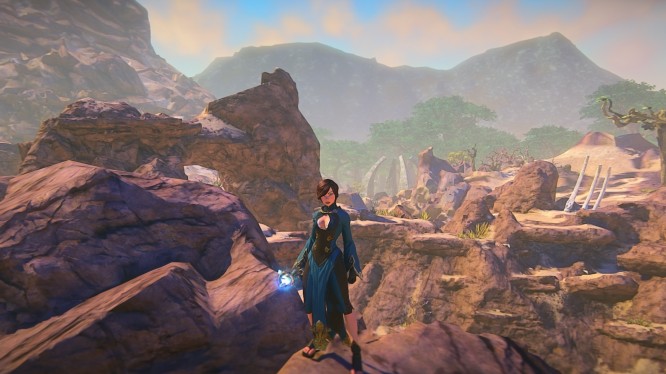 5 Ways Developers Could Rekindle the Magic of MMORPGs .
5 Ways Developers Could Rekindle the Magic of MMORPGs . Bel's Blog Bonanza - Blizzard's Flying Backpedal .
Bel's Blog Bonanza - Blizzard's Flying Backpedal .